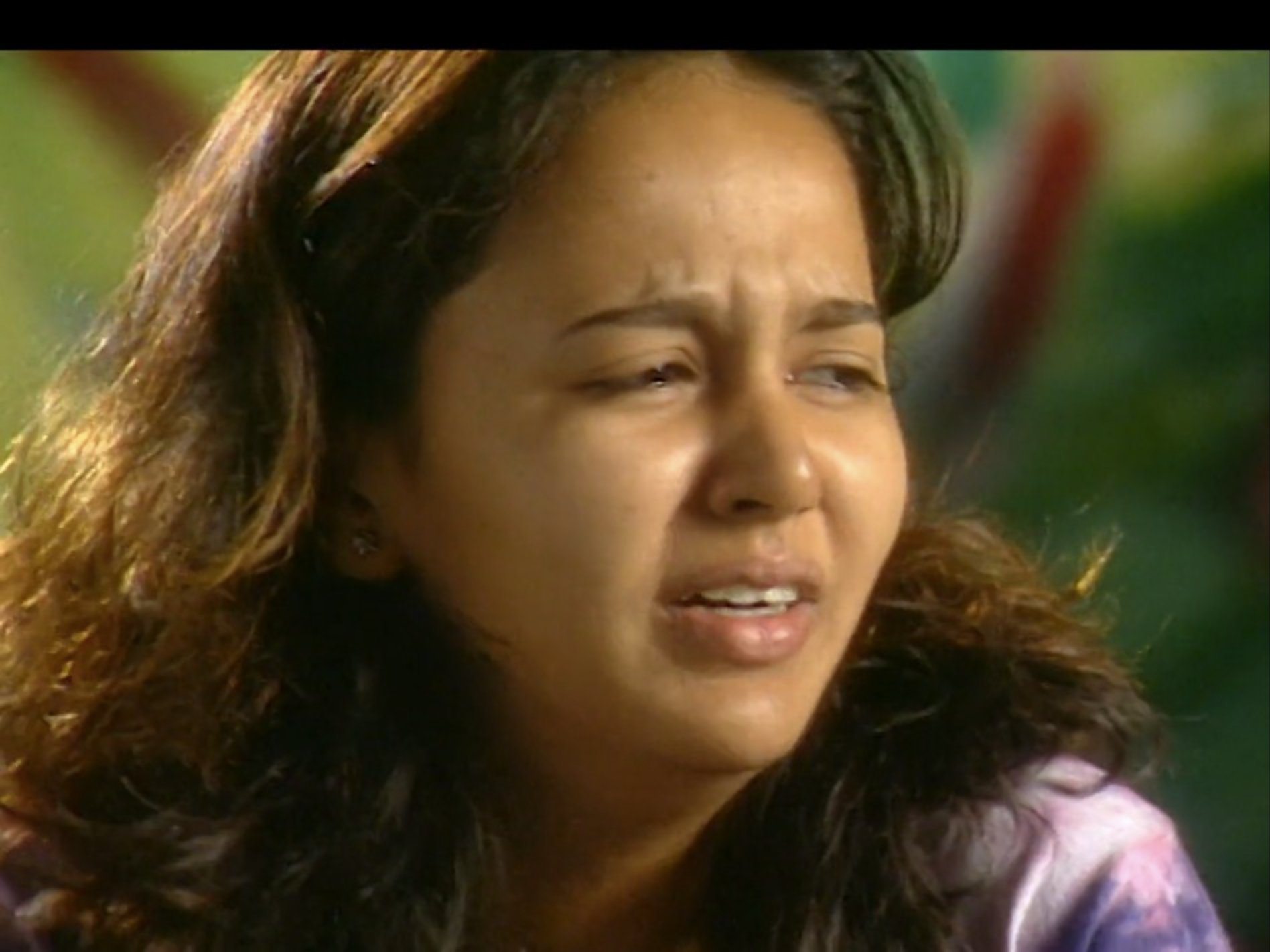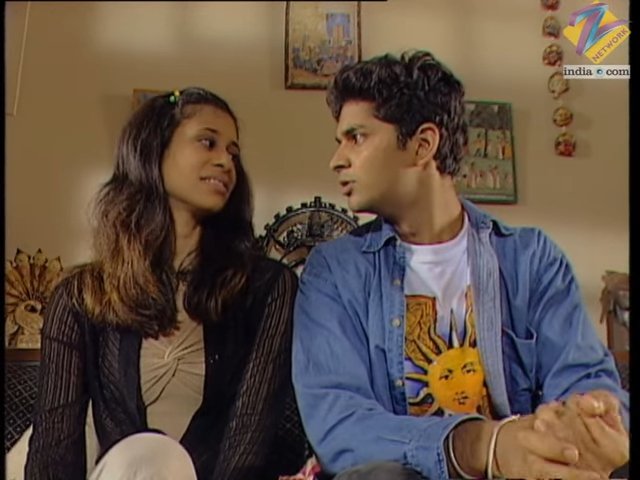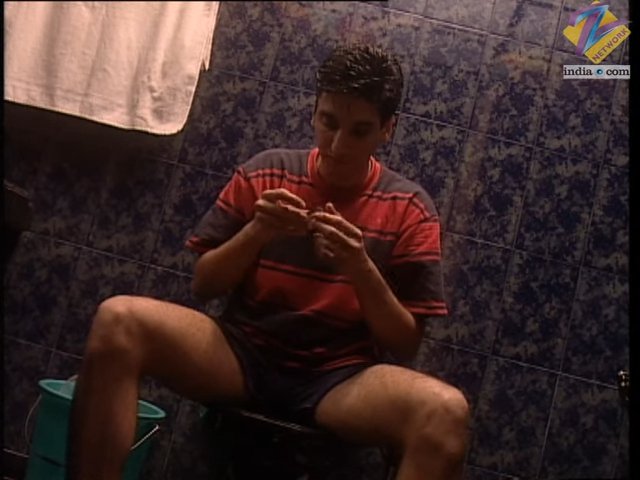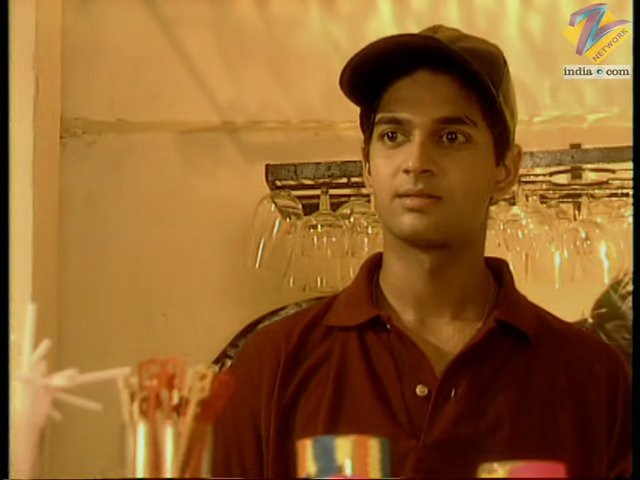Ever since I first saw Netflix’s Sex Education, I’ve been in love with the show. And with every season, I join the league of people who wished they’d grown up watching a show like Sex Education, because it really is one of the most inclusive, relatable, hilarious, and warm web series ever made.
However, while I may not have had Sex Education (the show, or the talk), as a kid, what I did have, was Hip Hip Hurray.
Created by Nupur Asthana, Hip Hip Hurray was, without a doubt, far ahead of its time. And though it has been two decades since the show ended, its impact lives on. Here’s a look at all the times Hip Hip Hurray proved that it was one of the most progressive shows to have come out of Hindi-language TV:
1. When it dealt with the issue of drug addiction.
With an insightful depiction of how drug addiction causes Manjeet to steal from his friends and lie to his parents, the show expertly presented that drug addiction affects not just addicts, but also their family and friends. However, it’s noteworthy that the show didn’t indulge in unnecessary melodrama or character-shaming, but dealt with the topic of drug addiction in a mature and sensitive manner.

2. When it showcased the debilitating effects of eating disorders (specifically Anorexia) and even advocated therapy.
It did not use anorexia as just a tool to take the story forward but rather focused on the disorder in its entirety – how it can lead to both, behavioral and physical changes, and how it can go undetected. However, the best part about the way the show dealt with an eating disorder was its solution – therapy. From focusing on a person’s apprehension to therapy to its lasting role in recovery, Hip Hip Hurray normalized seeking therapy at a time when mental health was hardly a topic of discussion.

3. When it talked about sex and sexual drive in a natural and positive manner.
I can’t remember a single other show that actually dealt with the sexual drive that is so common in teenagers, in a positive manner. But Hip Hip Hurray did. Hell, it even included a whole episode where one of the couples discuss whether they’re ready to have sex or not, and ultimately decide, they’re not. How rarely have shows, Indian or foreign, talked about sex and consent in a way that students can actually relate to?

4. When it took on the topic of bullying.
Bullies are not born but made. But that does not mean they can’t change. Like Sex Education did with Adam, and Hip Hip Hurray, did with Raghav. When Raghav’s made the sports captain, he abuses his position out of fear that the school would lose a competition under his captaincy, and also because, that’s how he’s seen his father behave. But from stripping him of his position and categorically calling out his acts to giving him a second chance when he realizes his mistake, the show used his character growth to brilliantly take down the cycle of bullying.

5. When it showcased pre-marital sex and live-in relationships between consenting adults in a normal and healthy manner.
One of the teachers at DeNobili High, Alaknanda Ma’am, is shown to be in a live-in relationship with her partner Vishal, and she gets pregnant before marriage. While he wishes to abort the child, she decides to go ahead with the pregnancy. The show dealt with her pregnancy, and the way society reacted to it, in a realistic but progressive manner. More importantly, it showed how children too can influence parents to grow, change their regressive views, and be better.

6. When it dealt with the case of student suicide.
While stress can affect even adults, students are far more vulnerable to it. Especially in India, the pressure of scoring high academically can create a situation where students resort to extreme measures. Just like Cyrus, who scared of the upcoming exams and his parents’ pressure, tries suicide. Through his attempt, and his friends and teachers’ reaction to it, the show made an important point about the side-effects of putting excessive pressure on children.

7. When it normalized the idea of part-time work.
Even though the idea of part-time work is normalized in most Western countries, most people in India do not take on part-time jobs with their education. But what we need is the dignity of labour without glamorizing the struggles of low-income families. And the show nailed this balance, when they showcased how Mazhar works as a waiter to support his mother. Moreover, much like how Sex Education addressed the economic disparity between Aimee and Maeve in a thoughtful manner, Hip Hip Hurray did with Kiran and Mazhar.

At a time when we had little access to information about the issues that plagued us as teenagers, Hip Hip Hurray dealt with topics like eating disorders, drug addiction, peer pressure, bullying, pre-marital sex, and whatnot. And it did by sharing reliable information, and without demonizing topics. No wonder it became the go-to show for most teenagers and young adults.
All images are screenshots from YouTube, unless specified otherwise.

















